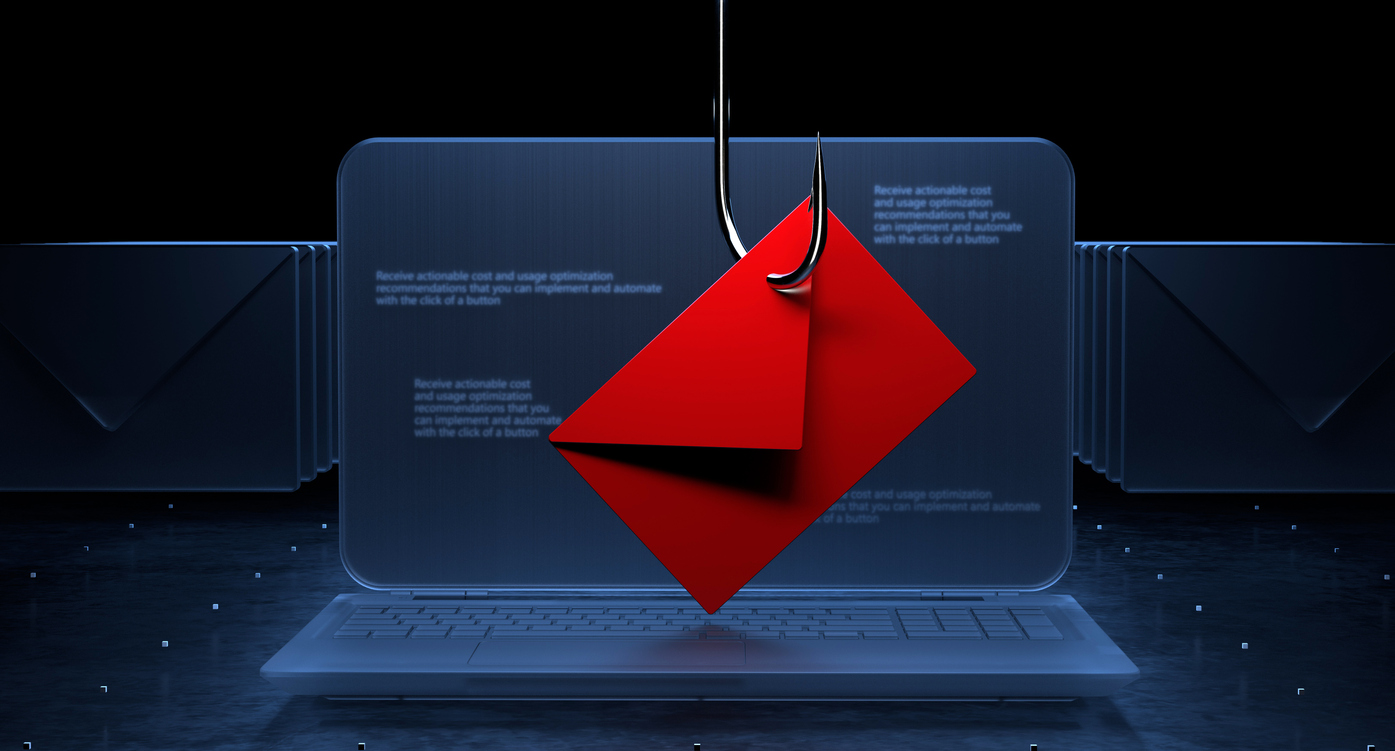When we talk about cybercrime, ransomware attacks are often the main focus. Yet, other types of cybercrime deserve just as much attention, as these events can also have devastating implications for businesses. One in particular is phishing attacks.
You’ve likely heard of them in the past — but just because they may not make headlines as often as ransomware attacks, that doesn’t mean they’re no longer a threat. Here’s what you should know about this type of cybercrime and how to protect your business against it.
What Is a Phishing Attack?
Phishing attacks can target both businesses and individuals. Typically, the bad actors behind phishing scams use advanced impersonation techniques to personify a trusted entity. In doing so, they gain access to sensitive information.
How Are Phishing Attacks Carried Out?
One main modality cyber criminals use to carry out phishing attacks is business email compromise (BEC). In this and similar scams, the bad actors send an email that looks legitimate. According to the Federal Trade Commission (FTC), the email will appear to be someone the recipient knows and may even include logos that look real. The sender may include a link or request data such as a password or bank information. In many cases, the request is urgent and pressures the recipient to act quickly.
For example, a spoofed email might be sent letting an employee know that their password is about to expire. It may contain a link which requires them to input their password. Before you know it, the bad actor has their original password, or they’ve activated a malicious script to access the company network. In either case, your network’s sensitive data has just been compromised.
These aren’t the only tactics threat actors may use, however. Sometimes, they might gain access to an employee’s email account to change rules that allow them to intercept and redirect emails. Then, they could email others to request payment details or other sensitive data.
It’s easy to think you wouldn’t fall for a phishing scam, but in reality, cybercriminals have come such a long way in perfecting their tactics that many of the dummy emails they send are very difficult to distinguish from legitimate ones. For instance, a bad actor could send an email from a dummy address that has a zero instead of an “O,” a variation that’s virtually undetectable.
In the worst-case scenarios, cybercriminals can drain a business’s bank account in the blink of an eye. And, while we might hope that the law would be on your side when it comes to recovering those funds, that isn’t always the case. For example, some victims of phishing attacks have had their cases thrown out because a judge ruled that the company failed to follow the appropriate cybersecurity protocols.
Clearly, it’s more important than ever for businesses of all sizes to implement robust cybersecurity protocols that protect them against phishing and other types of attacks.
What You Can Do to Prevent Phishing Attacks
Protection against phishing attacks calls for a multi-faceted approach. First, end users must be trained on what to look for, and what to do if they suspect a threat. For example, employees should be taught to scrutinize email addresses and links. When in doubt, don’t open an email or follow a link if it seems suspicious.
Enterprises must also put the proper measure in place to mitigate the risk of phishing attacks. Two-factor authentication is one simple yet often effective way to add an extra verification step for logins.
This layering approach helps to ensure that only authorized parties can enter secure websites, apps, and other systems within your organization. It requires the use of something the employee knows as well as something they have. For example, the user will be prompted to login with their credentials, but then they’ll also receive a special code to a smartphone or tablet. Even if a password is compromised, the extra layer of protection should stop threat actors from gaining entry.
While employee training and two-factor authentication are good starting points, there’s a lot at stake when it comes to phishing attacks. Organizations of all size and scope are at risk, so every company should deploy advanced cyber protection. IT ArchiTeks offer a range of advanced cybersecurity solutions to protect your company against phishing attacks and other cybercrime, including:
- 24/7 security information and event monitoring
- Cyber threat hunting
- AI-enabled end user endpoint protection
- Machine learning algorithms to flag irregular activities and escalate issues as needed
- Dark web monitoring to scan hidden networks for your business information
Phishing attacks and other forms of cybercrime are constantly evolving as bad actors continue to leverage advanced tactics. We’re committed to staying at the forefront of new technology to keep your business’s network and data safe. Learn more about how we can develop customized cyber protection solutions for your business by contacting our team.
